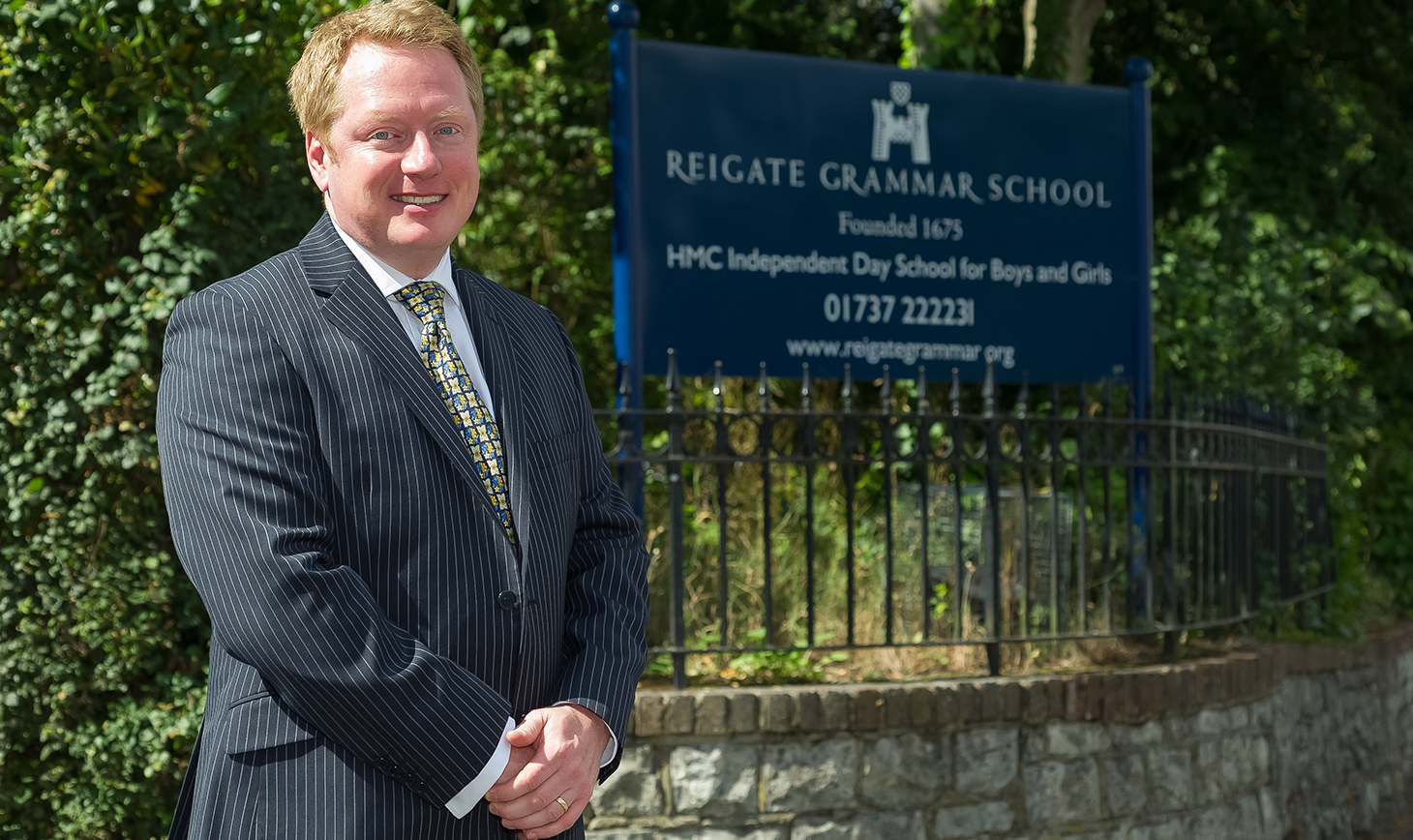
Social mobility in Private Schools
The private schools sector has said it will provide 10,000 places for disadvantaged children – why hasn’t this offer been taken up?
I regret the mass resignation of Alan Milburn and his colleagues from the Social Mobility Commission, but one cannot doubt Justine Greening’s continued commitment to promoting social mobility – it may even become her enduring legacy.
Politicians have promoted social mobility “initiatives” to a lesser or greater extent for a very long time. But it’s rarely that simple. There are many, many deeply held views about how best to serve social mobility.
Neither the grammar school and secondary modern system or the comprehensive model has proven to be a panacea. We have had the latter for decades, but on its own that model of schooling has not provided an answer to the challenges of social mobility – or else we would not be where we are today.
Throughout that time, and before, independent schools have offered increasingly significant numbers of bursary places that have made a life-changing difference to beneficiaries. Some are even what I describe as offering up to 110 per cent of school fees, meaning that they also come with a uniform grant, paid-for travel, school meals and with help for school trips. In those cases, it is actually less expensive to attend an independent school than a local state school. Those significant bursaries are a great success story, with 65 at Reigate Grammar School, where I am head. on its own.
‘We can only do our bit’
But independent schools can never be a wholesale solution; we educate just 6 per cent of the population, and so we can only do our bit.
Of course, there are also the many partnership projects in place across state and independent sectors that also make some contribution to helping to increase the consistency of educational opportunity – a key target for Greening. Some projects are formal and some just feel like good neighbourliness, but each is a contribution.
Specifically, hundreds of independent schools like mine and others in HMC open up the opportunities we offer to a wider range of young people. Social mobility? Most certainly for those who benefit, and millions of pounds are spent every week on bursary places and partnership projects in independent schools.
Of course, independent schools want to do more. Last year, working alongside other HMC and ISC schools, we made a proposal to ministers: we would provide 10,000 school places to children from disadvantaged homes at no additional cost to the taxpayer compared to finding those children places in existing state schools. The places would be part-funded by state funding allocated to that child (circa £5,500), with the remainder being made up by the schools themselves through their other fee income or alumni fundraising.
That offer is still on the table.
So far, the Social Mobility Commission has, in effect, kicked the opportunity to make more of a difference into the long grass and, by not supporting our proposal, has prevented thousands of children enjoying the benefits that an independent school education provides. We want to work in partnership, sharing pedagogy, educational innovation and opening up places in our schools to promote life-changing social mobility. We want to be part of the solution to creating more places in successful schools, where those places are targeted at improving social mobility – wherever those schools are found.
This country is blessed with outstanding state schools and some very successful independent schools. At the moment there are not enough places, nor effective access to places, in great schools, especially for those who start life less advantaged.
In its next incarnation, I hope we get a Social Mobility Commission that creates a cross-sector “ministry of all the talents” to focus on practical solutions rather than rhetoric and political points. As part of that, it should embrace opportunities that will open up places in good and great schools – in whatever sector.
Let’s put children above ideology. Let’s help children when we can, nothing more and nothing less.
RGS Headmaster, Shaun Fenton, will be HMC chair in 2018-19, this article was taken from the TES website
